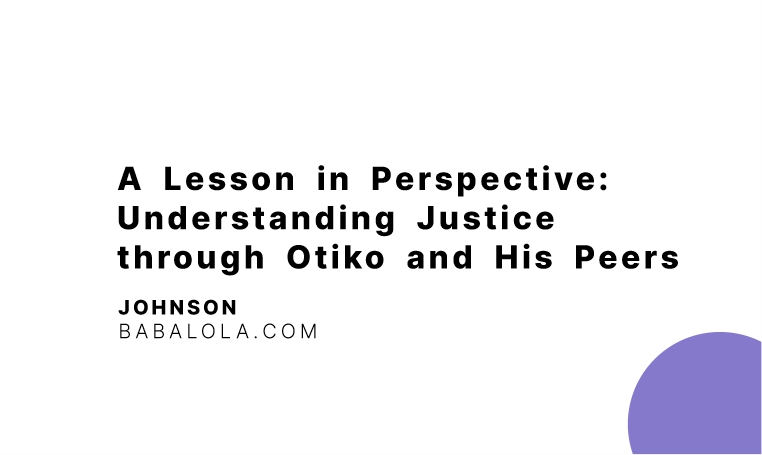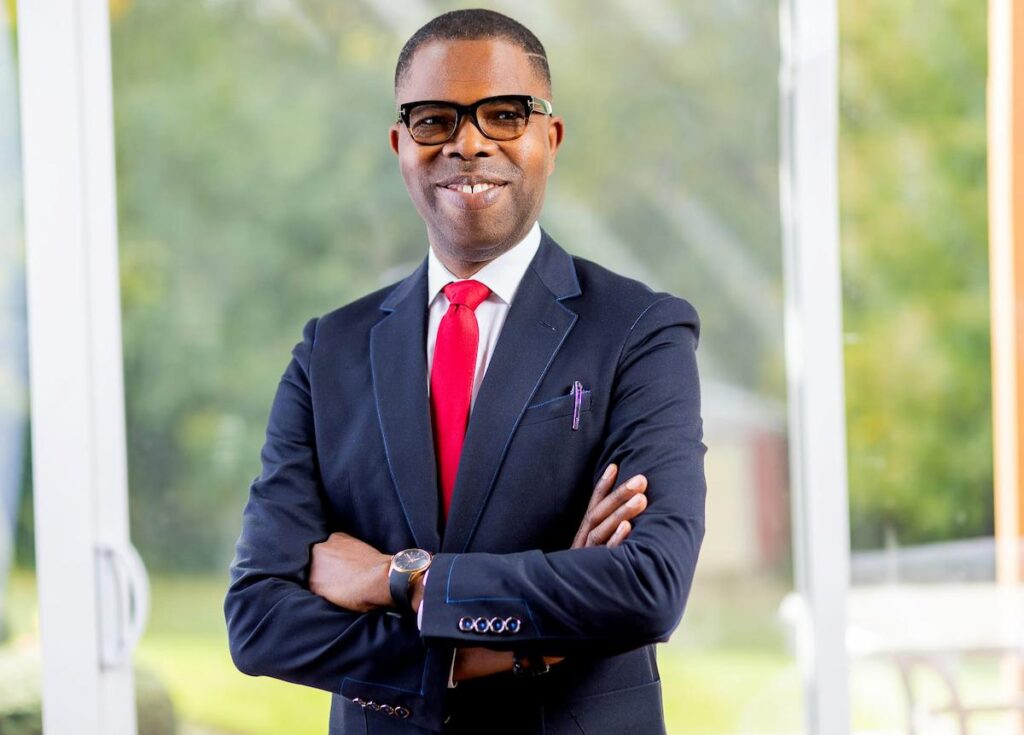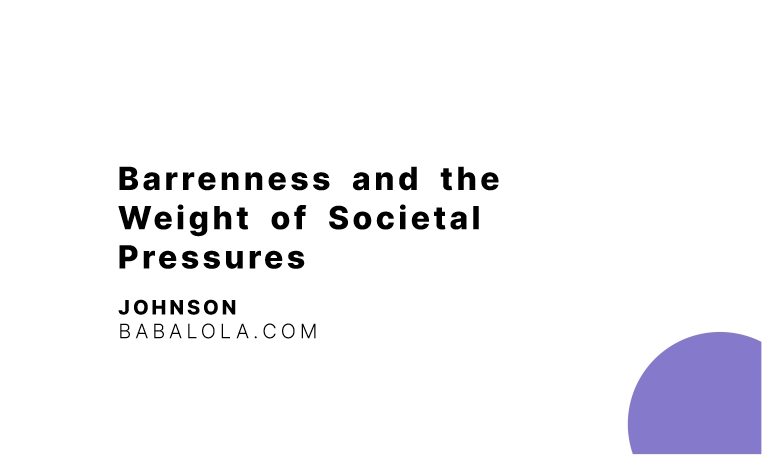A Lesson in Perspective: Understanding Justice through Otiko and His Peers

In the realm of civics studies, under the guidance of Mr. Jalingo, Otiko found himself engaged in his favorite subject. Mr. Jalingo had a knack for elucidating complex topics with relatable examples that resonated well with high school students. On this day, he aimed to explain the three branches of government in a memorable way.
With enthusiasm, Mr. Jalingo began, “So, dear students, to grasp the concept of the executive branch, simply think of the Yoruba word ‘ese,’ which means ‘to box’.” He clenched his fists and mimicked a boxing move, evoking laughter from the students.
“For the legislature, just remember ‘Baba Legit’, the school gardener” bending to demonstrate how gardeners work, for emphasis, prompting more chuckles from the class. “And as for the judiciary, think of the Yoruba word ‘judi,’ which means ‘to shake your bum’.” He playfully shook his behind, and the students erupted in laughter once again, some even exchanging high-fives. “Mr. Jalingo is quite the entertainer,” Dende remarked to his seatmate, Titi, who nodded in agreement.
“Now, who can define ‘justice’?” Jalingo inquired.
Titus eagerly raised his hand. “Yes, Titus,” Jalingo acknowledged.
“It’s when someone is accused of stealing another person’s phone, and without giving him a chance to defend himself, or without anyone caring about what he says, he is lynched by a mob.”
“Who told you this?” Jalingo asked.
“It happened to one of my friends. They lied against him and he died.”
“So sorry. Next,” Jalingo prompted. Sherifat stood up. “Justice is when you are sexually abused, and your family tells you not to tell anyone,” she said. “And how did you come to know this?”
“My parents told me that when I was raped by our neighbor. They said it was for my own good, to keep quiet about it, so that I wouldn’t be stigmatized.”
“That’s unfortunate but we will do something about that. Next,” Jalingo continued, his voice quivering. Chukwuka stood up and stated, “Justice is when you aspire to attend school, but your parents cannot afford it, and you are sent to work for a family, for a salary you never see.”
“How is that justice, Chukwuka?”
“Because as I was told, you are providing help to humanity by assisting others in raising their families.”
“Hmmmn. Next,” Haruna raised his hand and, without waiting to be called upon, began speaking, “Justice is when you are arrested as a criminal suspect and interrogated by the police and journalists without any legal advice or representation. And, sir, it’s always on TV.”
“Interesting. Next,” it was Okolie’s turn. “Justice, sir, is when you are suspected of committing an offense, but due to your status in the community, you can approach the courts to prevent the police from arresting you, and the courts grant your request.”
“How did you know this?” Jalingo asked.
“I read it in the newspapers, sir.”
“I’ll take one more,” Jalingo said. Then Otiko stood up and cleared his throat. “Sir, you might be disappointed that it seems we don’t comprehend the definition of justice despite your excellent teachings. Justice sir simply means that people are to be reasonably treated equally and fairly within reasons by the state, and every arm and everyone within it including the judicial system. It means we should look out for one another to ensure no harm befalls us. It means that in situations where harm is alleged, that the system deals with it impartially, speedily, and fairly. That is why they say that justice is blind. It does not care about colour, age, sex, status and more. Before it, everyone is equal. However, what we read often differs from what we witness and experience. I’m confident that if given the chance, we could go on and on about our experiences that are mostly negative. Please don’t lose faith in us, just as we won’t lose faith in this nation and world. We hope to do everything we can to experience the true meaning of justice in our lives. To achieve that though, change must begin with each of us. We must truly care for one another to bring about the positive change that we all desire.”
“Thank you, Otiko, and thank you all. We will continue next week. Sherifat, we must take immediate steps to address the injustices you’ve endured. Meet me in the principal’s office. I will call the school counselor too.”
Johnson Babalola, a Canada and Nigeria based lawyer, leadership consultant, storyteller and corporate emcee, is a public affairs analyst. Follow him for discussions on real life issues that affect us all.
You can obtain a copy of his newly released book, REJECTED on Amazon, FriesenPress, Barnes & Noble, Kobo, Google Play, Apple Books, Nook Store etc.



